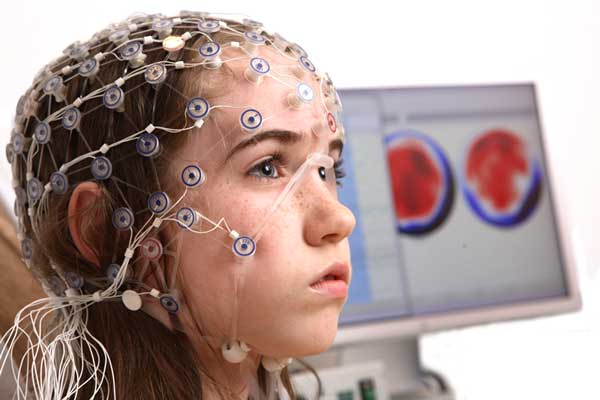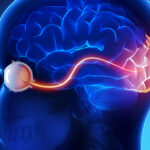A new study shows how a group of researchers were able to predict the treatment response of cognitive-behavioral therapy (CBT) using electroencephalography (EEG). The findings appeared in Biological Psychiatry: Cognitive Neuroscience and Neuroimaging.
The study implicated 36 adolescent female participants diagnosed with major depressive disorder and 33 more adolescents who served as part of a healthy control group. For a span of 12 weeks, the participants were subjected to cognitive behavioral therapy in an effort to improve symptoms.
At the initial phase of the study, all of the participants, including the healthy control group, took part in tasks involving monetary gains while their brain activity was measured using EEG testing at the midpoint of treatment and after completion of treatment.
During the EEG testing phase, the researchers measured what is known as event-related potentials.
“We found that the brain measure of sustained—but not initial—responsiveness to rewards predicted greater symptom improvement, which may help to inform which depressed adolescents are most likely to benefit from CBT,” a co-author of the study stated in a news release.
“The study is very significant because it suggests that readily acquired EEG measures related to processing of rewards and losses can serve as biomarkers for predicting treatment response and tracking the effects of therapy in the brain,” the co-authors implied further.
“Future work using these measures may help clinicians determine the best treatment—for example, CBT versus medications—for a given young person suffering with depressive symptoms.”


